|
-Meredith Manley Our May Awards Recital is always something we all look forward to at the end of each school year! Due to the circumstances, our May recital this year looks a little different: instead of performing for a live audience, our students are submitting a recorded video of themselves performing at home. They have been working so hard on their recital pieces, and we wanted to give them a chance to still perform in the safest way we could. We will be putting together the videos to make virtual recitals and sending them out to all of our families! At the end of the May recital, we call up students one by one and present them their bag of yearly awards. Most families head home with their awards, but don’t always understand what they are for or how their child earned them. So I thought this blog would be a great way to explain all the different types of awards students can earn!
 Our last category of awards has to do with how long a student has been studying their instrument. Awards start at half a year of study all the way through their senior year.
Our intention is never to hurt anyone’s feelings if they didn’t receive many awards. We know how challenging it is to earn some of these, and we feel that students who achieve them should be recognized and celebrated. Reflecting on the quality of a student’s work is a valuable lesson no matter the outcome because it shows them how far they’ve come in the last 9 months, and shows them what could be improved so that they earn a certain award next year. We think awards are the perfect way to end the school year, and we really are so proud of all of our students!
0 Comments
Music SO Simple Honor Roll is a wonderful way of motivating certain students in the spring who go above and beyond in their lessons. The fall semester seems to be sort of the warm up for the spring, and winter break gives our students time to rest in preparation to come back and hit the ground running. Honor Roll lasts 14 weeks, and students earn a certain number of points each week based on their practice, theory, having their materials, adding new pieces, and participating in extra DMTA/TMTA opportunities. Honor Roll requires the student, parent, and teacher to all work together to reach the finish line. There are a couple of big events in the spring that require Honor Roll students to step up their practice. DMTA Achievement Auditions is an event in April where students learn and memorize 3 different genres of pieces (one baroque, one sonata/sonatina, and one of their choice). Playing three different pieces by memory for a judge is no easy task! We usually begin learning these pieces by mid January. May Recital is usually the last event of the spring, and students are expected to play one or two pieces from memory. This recital symbolizes all that each student has learned over the entire school year, and it’s a great moment of achievement for them to see how far they’ve progressed. The TMTA state theory test is in January and most of our students begin preparing for it in the fall. One of the areas of Honor Roll is completing theory homework, which helps our students keep up with their theory work even after the state theory test is over. Having materials ready at the lesson seems obvious, but sometimes students forget to bring their books or they can’t find their books when it’s lesson time. Having your books ready not only maximizes productivity in your lesson, but it’s also a great life skill- students learn to be organized and prepared when it’s time to work. Many of our students began the 40 piece challenge at the beginning of the school year in September, so Honor Roll is a great way to keep them motivated to finish the challenge. The 40 piece challenge and Honor Roll go hand in hand as they both require focus, commitment, and achievement. To read more about the 40 piece challenge, check out our blog. Honor Roll is a great way to award those special students who work extra hard in their music study. Students who do participate and fulfill the requirements for Honor Roll are recognized at the May Recital and are given awards. To see the complete Honor Roll 2017 Requirements, click here. Grand Prize for 2017:
Mozart Bust -Meredith Manley We are really excited to debut the 40 piece challenge in our studio this year, which has been steadily gaining global attention. It was created by Elissa Milne, who is a piano teacher in Australia. I first learned of the challenge in April when I attended Elissa’s presentation at the Music Teachers National Association (MTNA) conference, and I was very impressed with the results in her own studio. The following excerpt is from Elissa herself: “Once upon a time I was a teacher in Australia teaching my students the way teachers in exam-oriented and competition-oriented culture have always taught – spending between 4 and 9 months working with students on their exam/competition repertoire and then having a few months per year for “fun” pieces that weren’t “for” anything. Students working this way would be learning between 6 and 10 pieces a year total, as a rule. The more students progressed in degrees of difficulty the more their sight-reading skills lagged behind. And at the end of about 10 years of serious study throughout their childhood the students would cease lessons with a slew of certificates and awards and probably never really play very much again. The students who could play quite well by ear tended to be the ones who kept on playing after formal lessons stopped. And that struck me as signalling that there was something very wrong, possibly even unethical, with the way I was teaching. Shouldn’t 10 years of serious study equip you for a lifetime of engagement with your instrument?” With an exam-oriented and competition-oriented approach, I think the answer to her last question is no. What I like about this approach is that it shifts the focus of learning challenging pieces that take months to learn to reading new music and material constantly. I’ve always felt that it is more important for students to learn shorter, easier pieces that they can sightread fairly easily to build their skills. If sightreading is too much of a struggle, they are not independent learners and are more likely to stop playing altogether. I believe the 40 piece challenge will help students stay motivated throughout the school year, all the while gaining self-esteem and pride once they’ve completed the challenge. The 40 piece challenge is not suitable for all of our students, but for some it could be just what they need to reach the next level. If your child is a good fit, your teacher will bring it up at your lesson to discuss possibly participating (it’s a great sign that your child is accelerating!) For more information about the 40 piece challenge, visit the website at https://elissamilne.wordpress.com/2015/02/04/where-did-the-40-piece-challenge-begin/ click here to see the list of students who have completed the 40 Piece Challenge!
|
Archives
July 2024
Categories
All
|
|
|
MUSIC SO SIMPLE
|
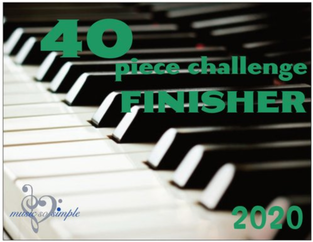
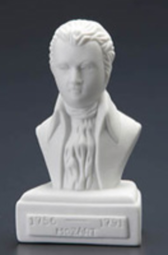
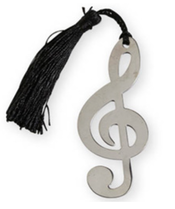
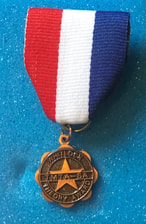
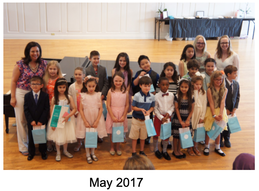
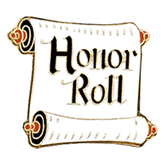
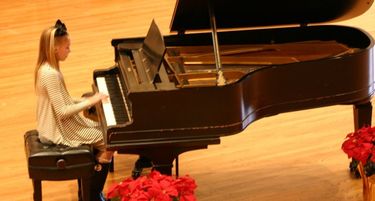

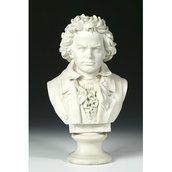
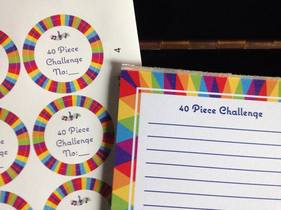
 RSS Feed
RSS Feed